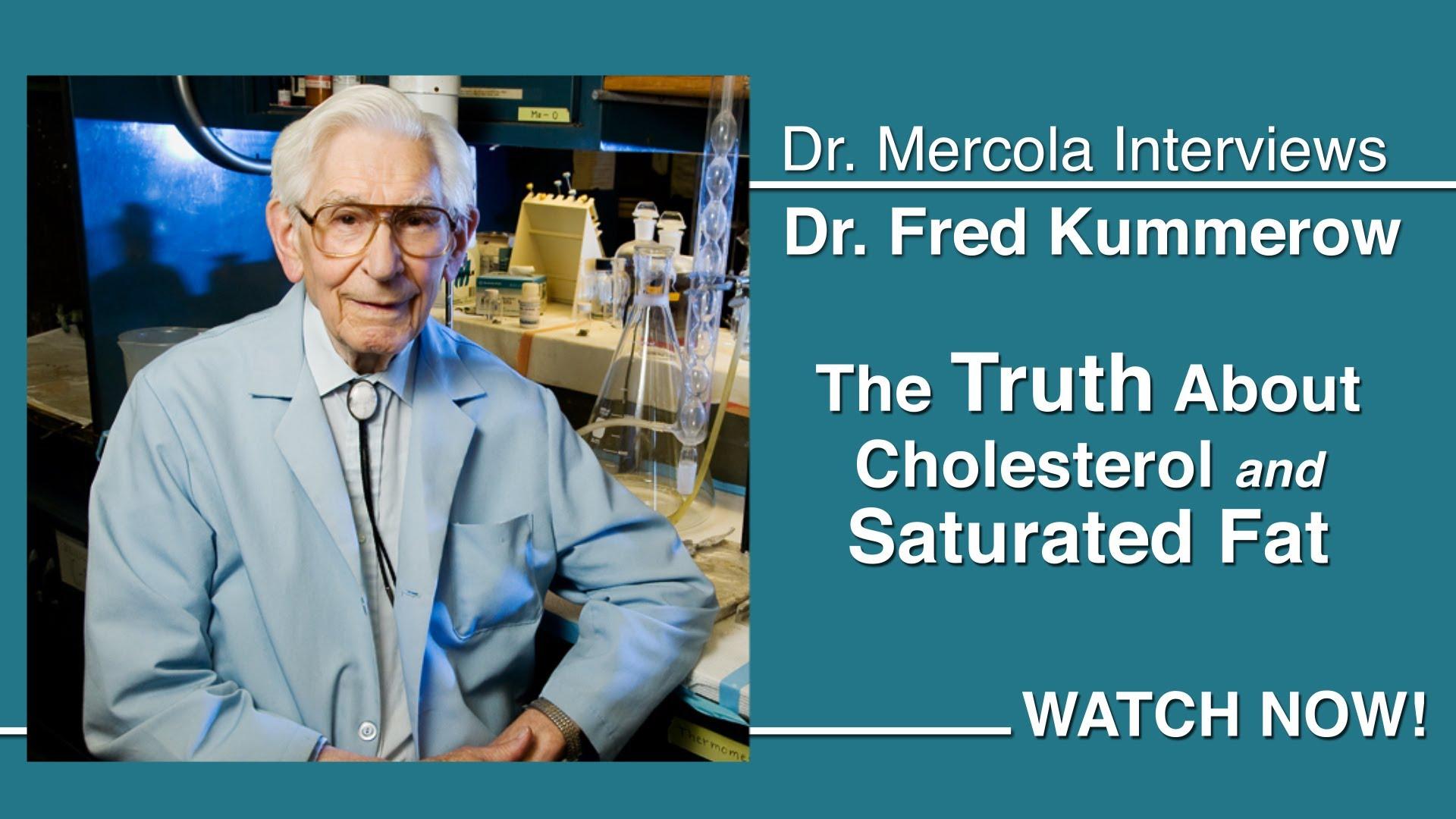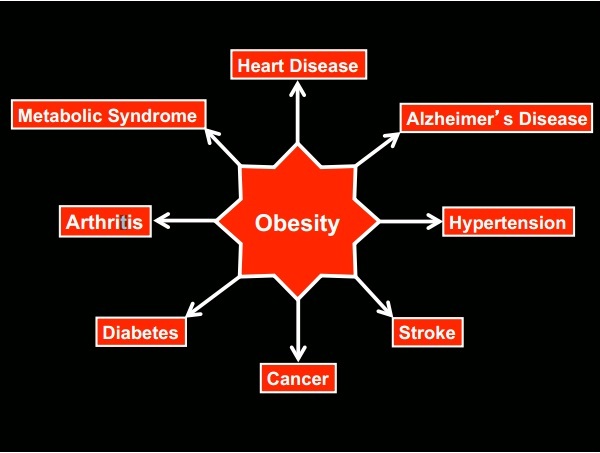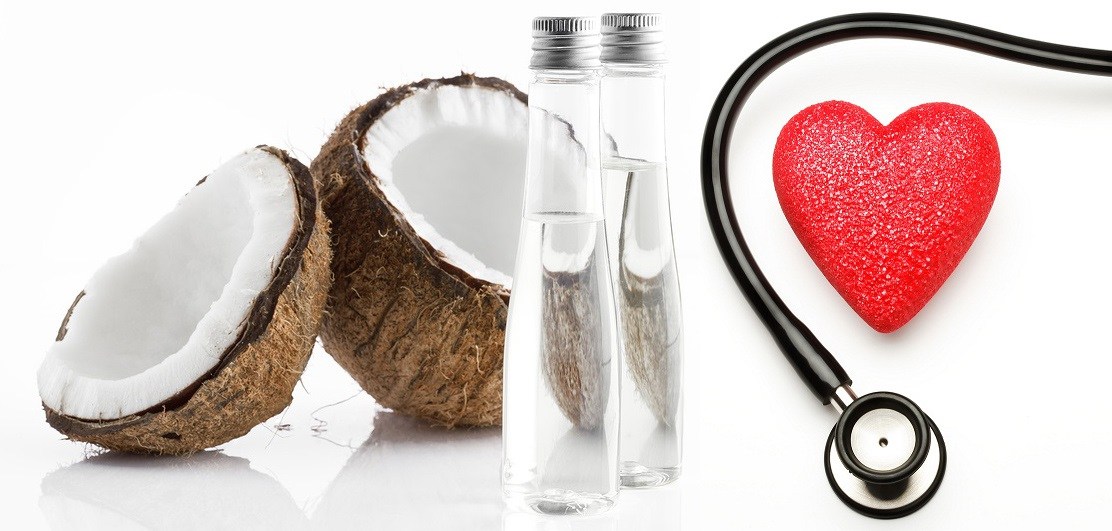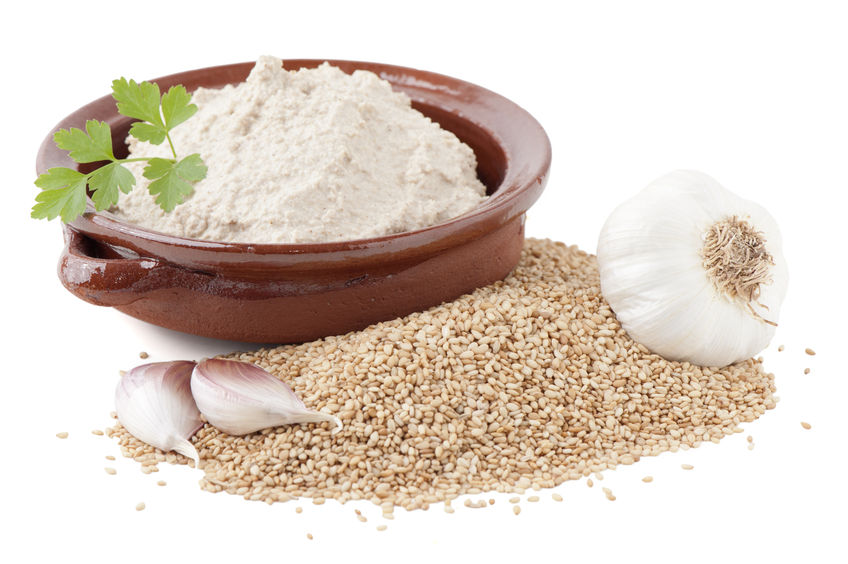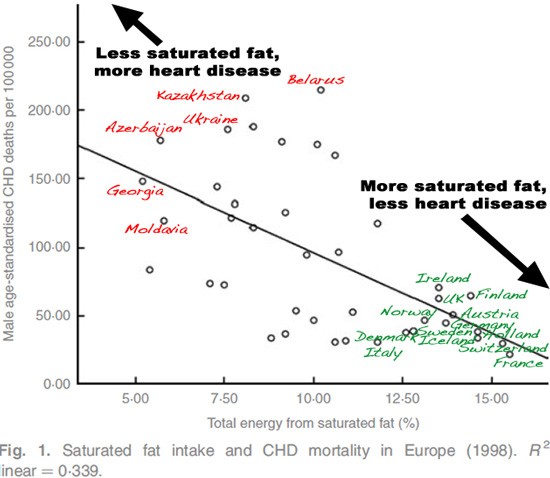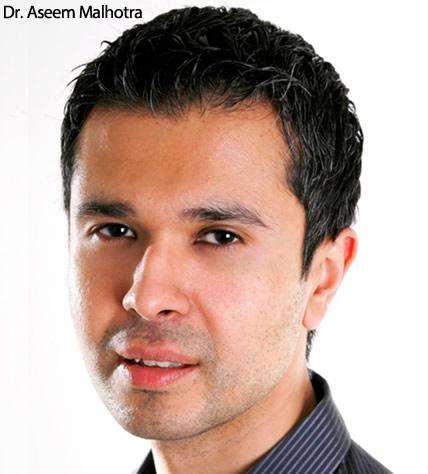The Redemption of Cholesterol—How It Supports Your Health
Over the past 60 years, research has repeatedly demonstrated that there’s NO correlation between high cholesterol and plaque formation that leads to heart disease. Despite that, the saturated fat/cholesterol myth has persisted. Dr. Fred Kummerow, who is nearly 100 years old, was the first scientist to document the toxicity of trans fats. Over the past 60 years, his research has repeatedly demonstrated that there’s NO correlation between high cholesterol and plaque formation that leads to heart disease. Dr. Kummerow’s work shows that it’s not cholesterol that causes heart disease; rather it’s the trans fats and oxidized cholesterol that are to blame.




